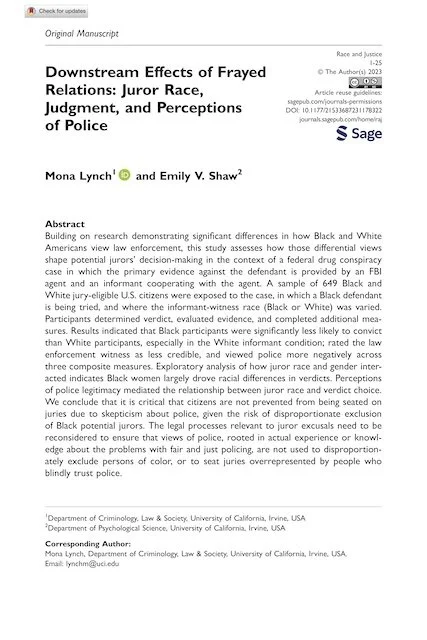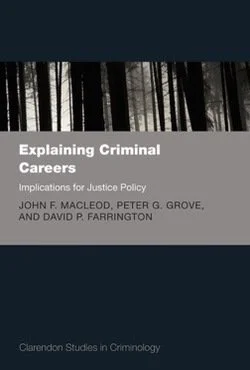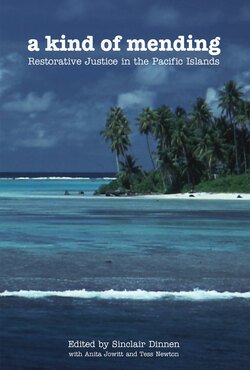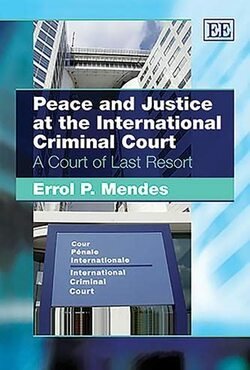by Duren Banks, Lynn Langton, Madison Fann, Michael G. Planty, Michael J. D. Vermeer, Brian A. Jackson, Dulani Woods
The systems that provide counsel for indigent adult and juvenile defendants in the United States vary considerably across states, localities, and judicial jurisdictions. In addition to the challenges associated with the myriad systems for providing indigent defense, there are other inherent challenges to providing effective defense counsel. These challenges include a lack of sufficient resources in general, access to investigators and other support staff, workload standards and other standards to support effective representation, strategies to support the recruitment and retention of quality counsel dedicated to indigent defense, and specialized training and other needs related to the provision of public defense with certain clients or cases.
On behalf of the National Institute of Justice, RTI International and RAND Corporation researchers conducted an environmental scan to develop a set of information gaps or research priorities that, if addressed, could advance knowledge around effective indigent defense strategies. In the scan, the researchers (1) explored the literature around the needs of the indigent defense field, (2) obtained input from leading practitioners through individual interviews, group discussion, and interactive feedback, and (3) reviewed the priorities of federal and private research and practitioner organizations.
Key Findings
There is a lack of basic descriptive data about indigent defendants (e.g., which defendants have lawyers representing them and which are deprived of lawyers).
Many jurisdictions are not equipped to provide pre-court or pre-charge representation.
Excessive caseloads have an impact on the quality of representation, the ability to adhere to professional practice standards, and client-attorney relationships; that impact is not well understood.
In some jurisdictions, there is limited or no access to attorneys with the qualifications, experience, and desire needed to represent people in criminal cases who are unable to afford counsel.
In many jurisdictions, particularly rural communities, there is limited or inconsistent access to the nonattorney case support needed to provide quality indigent defense representation.
It is difficult to hire qualified and diverse indigent defense attorneys.
Because of the differing systems for assigning counsel across the United States, many defendants who are accused of misdemeanors or other lower-level crimes do not receive the assistance of counsel when facing pretrial detention or fines, fees, or other penalties associated with a guilty plea.
There is a lack of understanding about the extent to which the racial, cultural, and socioeconomic backgrounds of indigent defense attorneys affect the experiences of the clients they serve.
Emerging research shows that holistic defense strategies, which address co-occurring and collateral factors associated with criminal cases, hold promise for advancing justice and improving outcomes for individuals and communities.
Recommendations
Require courts to collect descriptive data on which defendants have representation; leverage this information to answer research questions.
Assess innovative options used in some jurisdictions to provide earlier access to a lawyer.
Examine areas with different levels of caseloads and examine the differences across a broad variety of outcomes and impacts and for different types of clients and cases.
Conduct research that offers a more nuanced understanding of the administration of indigent defense in small, rural areas.
Conduct research to identify the impacts of nonattorney case support on case outcomes.
Explore strategies for expanding access to paraprofessional expertise.
Study other systems that are working well.
Conduct research on the scope of rules, practices, and resource decisions that limit access to counsel.
Obtain client perspectives on differences in the level and quality of representation received through public defense and noninstitutional representation systems; focus on reducing those differences.
Conduct research to identify the full scope of issues that make it difficult to recruit qualified and diverse attorneys.
Develop undergraduate and law school internship programs and defense counsel pipelines.
Evaluate training opportunities; determine whether training is effective and under what circumstances.
Conduct research on the complexities that public defense attorneys face and the support and resources needed to successfully manage these complexities.
Engage with defendants to get their perspectives on what quality counsel means and how it is operationalized.
Conduct research to connect outcomes with what indigent defense attorneys are doing to understand the types of engagement that are most effective.
Santa Monica, CA: RAND, 2023. 20p.











